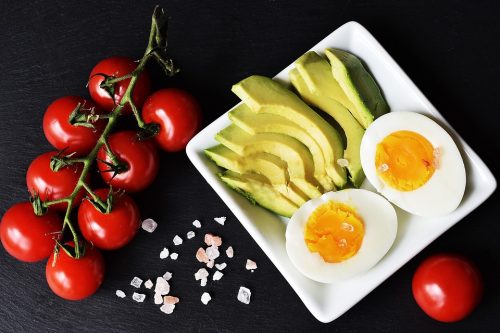The keto diet is the new craze in the health and fitness world. Remember diets are not one size fits all, and just because something is popular doesn’t mean it’s for you. Make sure to always do research on different diets and supplements, or consult with your doctor before trying something new. Make sure it is the right fit for you!
What many people don’t notice is that taking certain items out of your diet may be depleting you from nutrients your body needs. Many individuals experience what is known as the “keto flu” (flu-like symptoms) at the beginning of their low-carb journey. Making sure you are still intaking proper nutrients while changing your diet is one way to avoid side effects like this one.
Optimize your health while on the keto diet (or not while on the keto diet) by adding these supplements to your diet.
-
Magnesium
Magnesium is one of the minerals that most Americans are deficient in. Those following a keto diet are even more so, because most magnesium-rich foods are high in carb content. Magnesium can help with sleep, muscle cramps, and your immune system. Some keto-friendly magnesium-rich foods are spinach, avocado, pumpkin seeds, and mackerel.
-
Omega-3 Fatty Acids
These fatty acids, which includes fish oil and krill oil, are known to reduce inflammation, increase joint health, increase heart health, and increase brain functioning. Following a keto diet means high fat intake. Taking these supplements help to balance your omega-3 fatty acid to omega-6 fatty acid ratio.
-
Digestive Enzymes
Again, keto diets mean high-fat diets. Because of the increase in fats, those beginning a ketogenic diet may have complications with their digestive system. A digestive enzyme aids in the breakdown of protein and fats, and decrease those digestive complications.
-
Green Powder
Following a keto diet can make it hard to maintain an intake of green vegetables. Taking a green powder supplement like spirulina, is an easy way to add a nutrient boost to your diet. Remember it is still always best to maintain whole food intake! A supplement is just as it’s named, and is meant to supplement and not replace.
-
Electrolyte Supplement
An individual’s levels of sodium, potassium, and magnesium can decrease from eliminating whole-grains, starches, and fiber-rich foods from their diet. Simply adding salt to your diet is an easy way to increase electrolytes as well.
Article written by GUADS member Breanna with contributions from healthline.com


 Vegan Lifestyle
Vegan Lifestyle